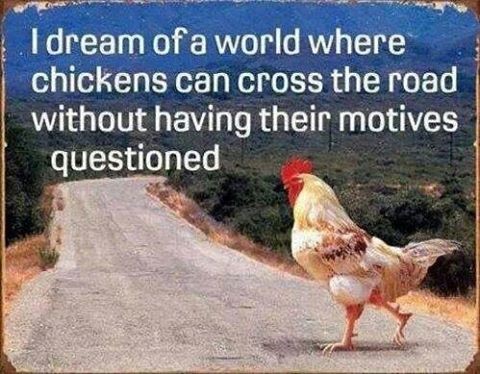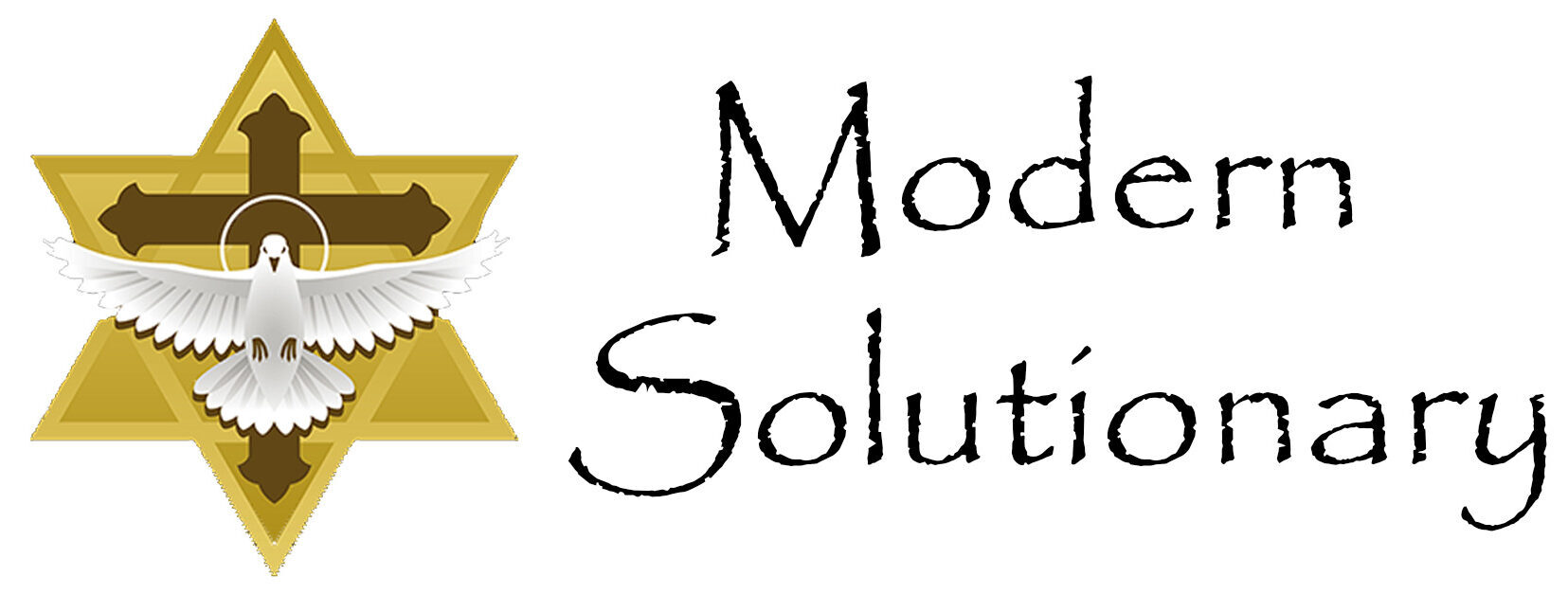We have all done it; we even have a long list of jokes that go “a fowl” of the practice, but are these acts of questioning ethical to do?

Do we view it as right when we question someone else’s motives, but not so right when they question ours?
Human motives are the catalysts that cause us to act one way or another. It is the root of any action; voluntary or involuntary. As we learned in our youth and recently through the Power of the Wisdom of Three; our thoughts become words, words motivate us to deeds, and our deeds always have results. These outcomes can be positive or negative, can be painful or pleasurable and can pilot us to success or failure.
Moving a step further, we have one important Societal Law has its origin in Natural Law that dates back to start of societal living. You will know it best as “The Law of Cause and Effect”. That law spells out that for every effect there is a cause and a condition. There are no exceptions, no additions or subtractions, and there can be no contradiction. It is a law, just like the Law of Gravity…it has to happen.
I believe you will agree that motives are very important. Even so, do our motives affect others, to the point of them becoming their concern?
I believe that they do by virtue of what I call the Three Degrees of Declining Influence in our Circle of Relations.
We do not live in a vacuum. Each motive that we have starts the thought process of a future choice. No matter who you are, where you live, the type of existence you find yourself in, we are all connected through the choices that we make and the relationships that we hold dear. The magnitude of the impact experienced by those in our Circle of Relations depends on what level they find themselves in the circle.
Every decision that we make, regardless of how personal, self-directed, or individualized will touch the lives of three parties. For example, if I want to shed twenty pounds of personal fat cells, the thoughts, words and deeds associated with this motivation will impact me, my family and my friends; they are one party. It will likely affect my work or business because I may have to work out more causing me to have more energy at work too; party number two. Finally, it will affect the society in which I live. I may have to buy a treadmill, power drinks and / or hire a fitness consultant; party three is in the house.
These connections are grounded in the fact that we all have three personas that must share in our existence. A fact of mankind’s creation is that we each have a personal, professional, and spiritual persona. These three personas each pair completely with the three States of our Humanity; our Body, Mind, and our Soul.
It is my conclusion, based on the basis of natural laws; that we should indeed question, by proxy of affect, the motives of those who share our Circle of Relations. It is in the best interest of all parties involved.
As for the poor chickens and their motives…I couldn’t care less.
Does the act of questioning the motive end there, or do we then take it a step further, stepping into the realm of judging the person, their character, and the unknown intent?
This question is a little more difficult for us to get right, but let’s give it a shot. In psychology there is a law known as the Faculties of Reason. It states that rational people will follow a three-step process when coming to a rational conclusion. Notice the key word, rational; we all believe that we are rational. Don’t we?
If we are to apply this law to our right to question another’s motives, first we should arrive at a Perception of the matter at hand; transgress into a progression of probing questions, and answers to reach a comfortable level of Understanding which allows us to make an informed Judgment of the motive. It is important to recognize that the truth behind the law is that we are to judge the motive not the person. We have no justification by which to judge the person. Sometimes, in moments of conflicting views and enflamed emotions, the insight might get confused as to whether one is judging the person and not their thought, word or deed. In those instances, conflicts are bound to take place and reason goes out the window. It is for this reason that when a group wants to shift the view away from the truth in order to sway others to their false beliefs, they always attack the people opposing them, not the facts. Judging the people creates emotions which takes the focus away from the truth.
As King Solomon taught; “It is through intent that we learn the character of people. For even if it is after the fact that their ill intent becomes known, be at peace, for their character changes but slightly once revealed.” It is not for us to know the intent that resides in the heart of the person with the motive. We can ask but whether it is revealed honestly is up to the person with the motive. It would be wise for us to remember and apply the Law of Attraction to motives that we create. If we Think it, Believe it, we will Become it.
If this is my last post, I want all to know there was only one purpose for all that I have written; to have made a positive difference in the lives of others.
Written April 21, 2017, by Anthony “Tony” Boquet, Vice President, Education & Development at The American College of Financial Services and the author of “The Bloodline of Wisdom, The Awakening of a Modern Solutionary”.
